Das Olympische Bildungsmagazin
Game of control: Organized Crime Plays Football
- Jens Weinreich
- 11. Januar 2009
- 11:05
- 4 Kommentare
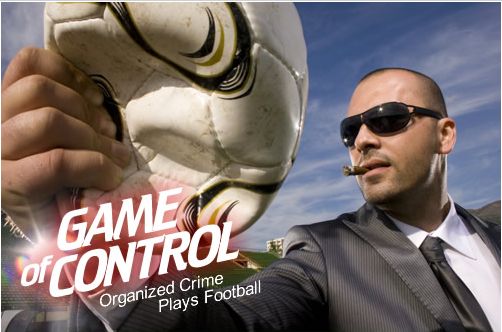
Lang erwartet, nun ist es endlich fertig (bzw. kann fortgeschrieben werden): Ein sensationelles journalistisches Internetprojekt über den Einfluss der Mafia im osteuropäischen Fußball, mitfinanziert von den Vereinten Nationen (UN Democracy Fund) im Rahmen des Organized Crime and Corruption Reporting Projects (OCCRP) von Paul Radu und Drew Sullivan. (btw ist das ein sehr schönes Beispiel dafür, wie Journalismus im Internet auch finanziert werden kann: über internationale Organisationen, Stiftungen und Projekte)
Voila: Organized Crime Plays Football. Ein wenig zu diesem Thema findet man ja auch hier im Blog, etwa die Geschichte über Alimsan Tochtachunow inklusive der Reaktion aus Zürich.
Football has ugly, sometimes lethal aspects not immediately obvious to the billions of fans around the world who watch their favorite teams in stadiums or on television.
Fans of this most popular of all team sports in the world know that players are transferred from one team to another and that hefty sums go to teams for giving up players. They are less likely to know that every player transfer offers a tempting chance to grab some of the hundreds of millions of Euros at play in the global shifting of players.
Fans, players, reporters, heads of clubs and football referees who get in the way of the management of the Football Association of Bosnia and Herzegovina or have publicly criticized their work have faced tremendous pressures. Some of them have been suspended or fired and many received phone calls to stop, even death threats.
Fans of this most popular of all team sports in the world know that players are transferred from one team to another and that hefty sums go to teams for giving up players. They are less likely to know that every player transfer offers a tempting chance to grab some of the hundreds of millions of Euros at play in the global shifting of players.
Occasionally an investigation in one country or another shines a brief light onto these transactions, but the larger picture has remained shadowed.
Until several months ago, that is, when teams of reporters for the Organized Crime and Corruption Reporting Project, a consortium of investigative reporters, began a simultaneous look at the business of football in southeast Europe and the former Soviet Union. They found networks of agents and power stakeholders quietly skimming transfer fees and working through tax havens and companies with shell proxies to avoid taxes. (…)
Organized crime, tempted by big money and prestige, has moved into football clubs, OCCRP has documented. In post-transition Bulgaria some 200 killings have been linked to football Among the dead are15 club leaders who attained their posts through questionable means.
In Ukraine, while the Oligarchs have moved beyond their beginningss to invest in teams, specific organized crime mobs own teams in the Crimea and Transcarpathyia. One former prosecutor said the Crimea had become so infiltrated and influenced by mobsters that law enforcement stopped calling the mobs gangs and started calling them organized crime communities. In one case, a mob leader billeted hundreds of armed men on stadium property, which was to be used as a staging area to help influence elections.
In Romania, major football agents, brothers Victor and Ioan Becali, were hit with money laundering charges. They are cousins of one of Romania’s richest men, Gigi Becali, who also owns the Steaua football club. The Becali brothers went on trial with famed player, Georghe „Gica“ Popescu, who worked with the brothers on international football transfers.
Journalists who worked on these stories come from the Romanian Center for Investigative Journalism (CRJI), the Bulgarian Investigative Journalism Center (BIJC), joined by OCCRP reporters from Serbia, Macedonia and Ukraine.
They were joined in a region-wide look at football by colleagues at the Center for Investigative Reporting (CIN) in Sarajevo, which produced a series of stories on football in Bosnia and Herzegovina (BiH). Efforts there showed an association whose managers are on trial for millions of KMs in taxes and fees owed to the governments, people on the board with unsavory criminal records and such predictability of results that bet shops expect games to be fixed. They included interviews with coaches and with a former referee who outlines the pressures to call games in the home team’s favor. They address problems threats and pressure that critics of football can expect, including anonymous death threats and the criticism that comes from an unlikely source-the national team’s largest fan group.
- Andrew Jennings hat im Glasgower Sunday Herald schon über das Balkan-Projekt berichtet: Where football really is a matter of life and death
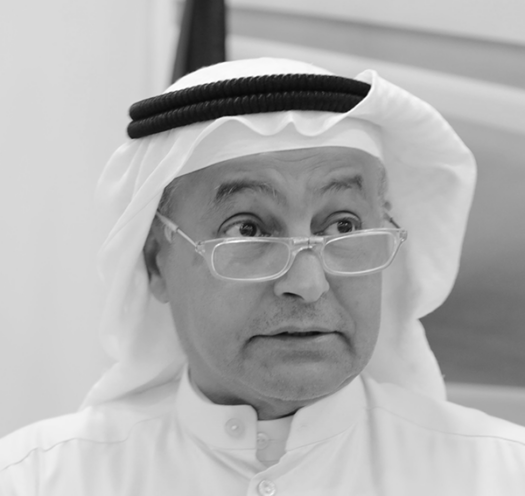


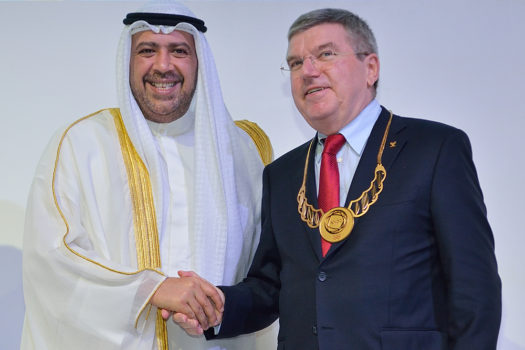
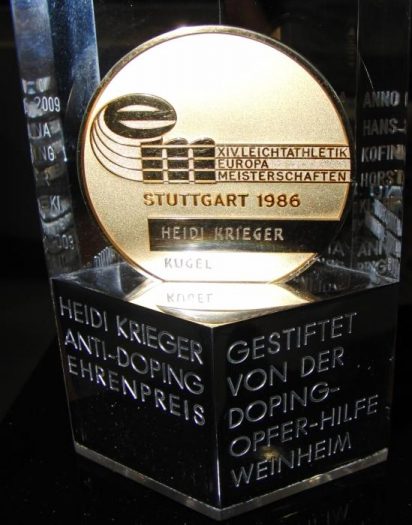
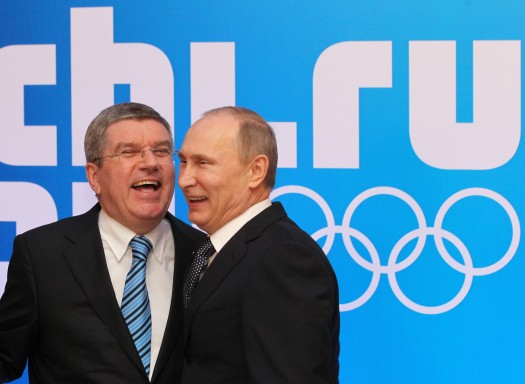
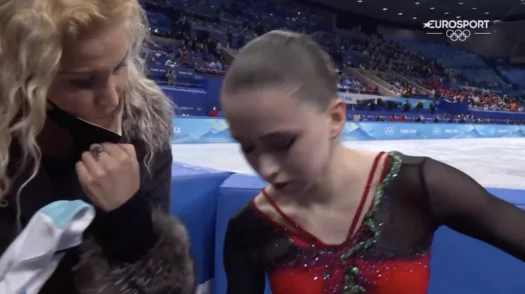
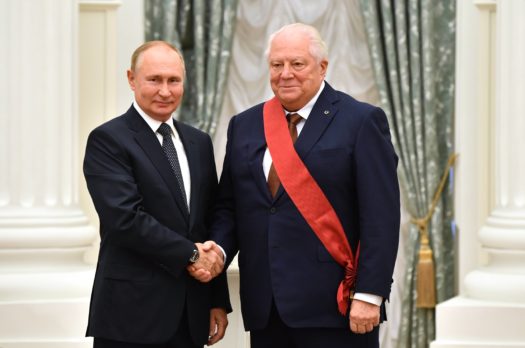
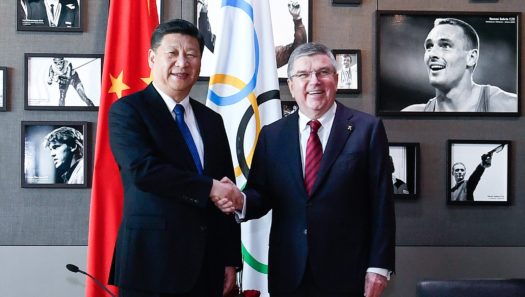
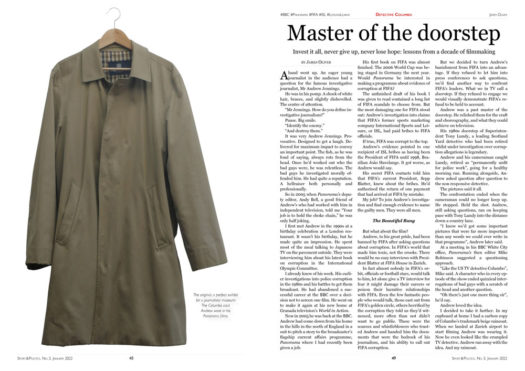
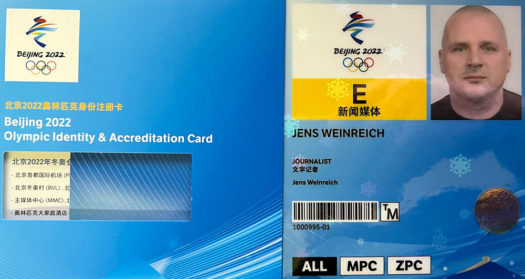
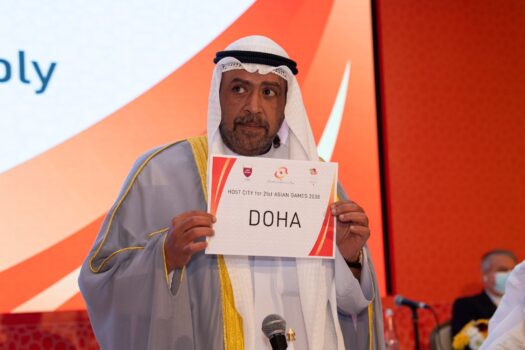
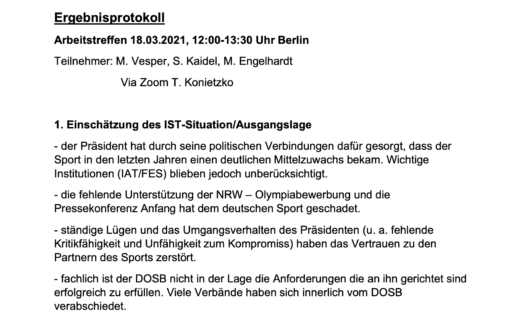
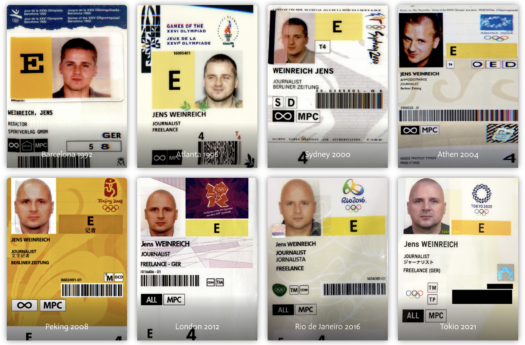

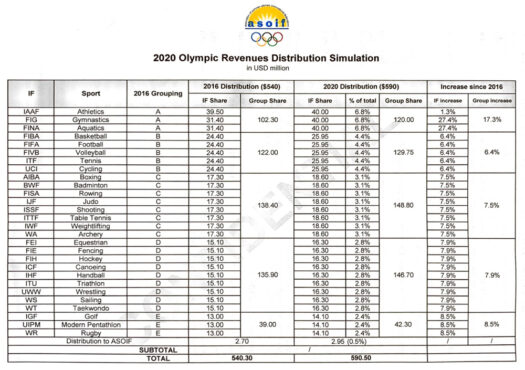
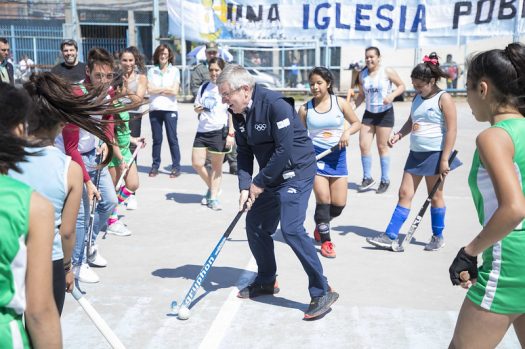
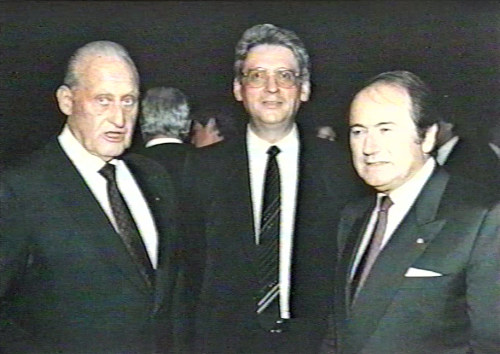
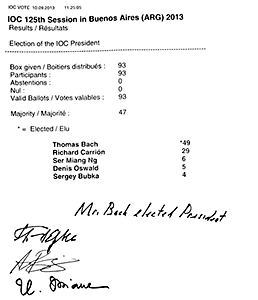
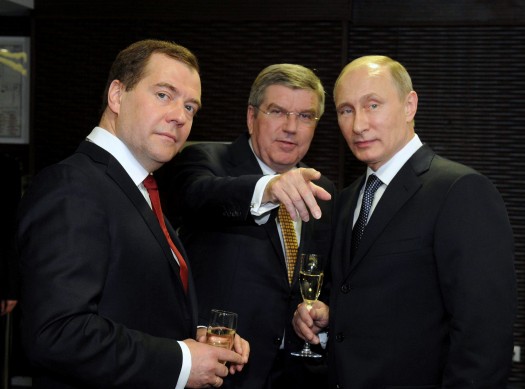
Die Blattern, aus denen dieses geschlüpft ist, beschreibt Andrew Jennings in ‚FOUL!‘.
Pingback: onlinejournalismus.de - Das Magazin zum Thema » Blog Archive » Wie Journalismus im Internet finanziert werden kann, neues Beispiel
„Merkwürdige Partien“: Christoph Biermann erinnert in seiner taz- Kolumne „in fussballland“ „an einen unabsichtlichen Experten der Fußball-Korruption“ (gemeint ist der Torhüter Lutz Pfannenstiel).
– Leider nicht online, sondern nur in der heutigen Print-Ausgabe (S.19) der tageszeitung.
Andrew Jennings über Vorbereitungen der EM in Polen/Ukraine:
http://www.woz.ch/artikel/2009/nr14/sport/17732.html